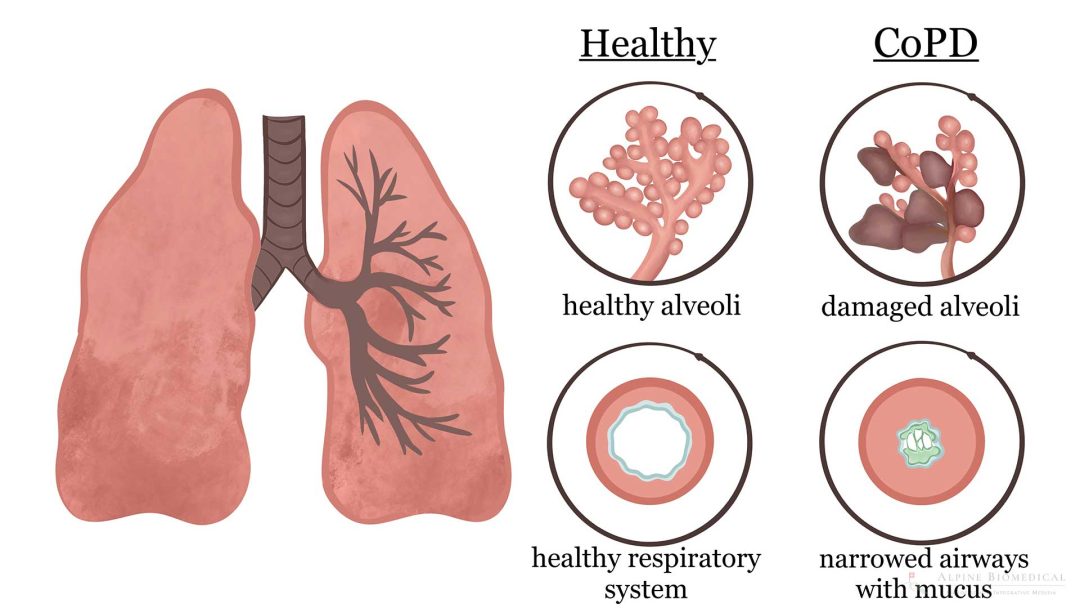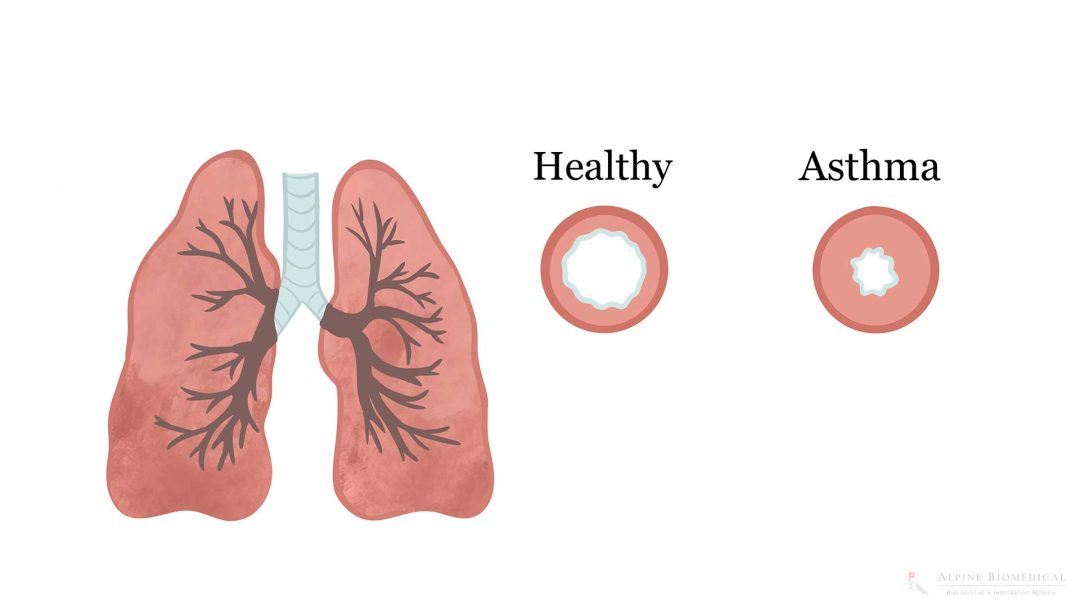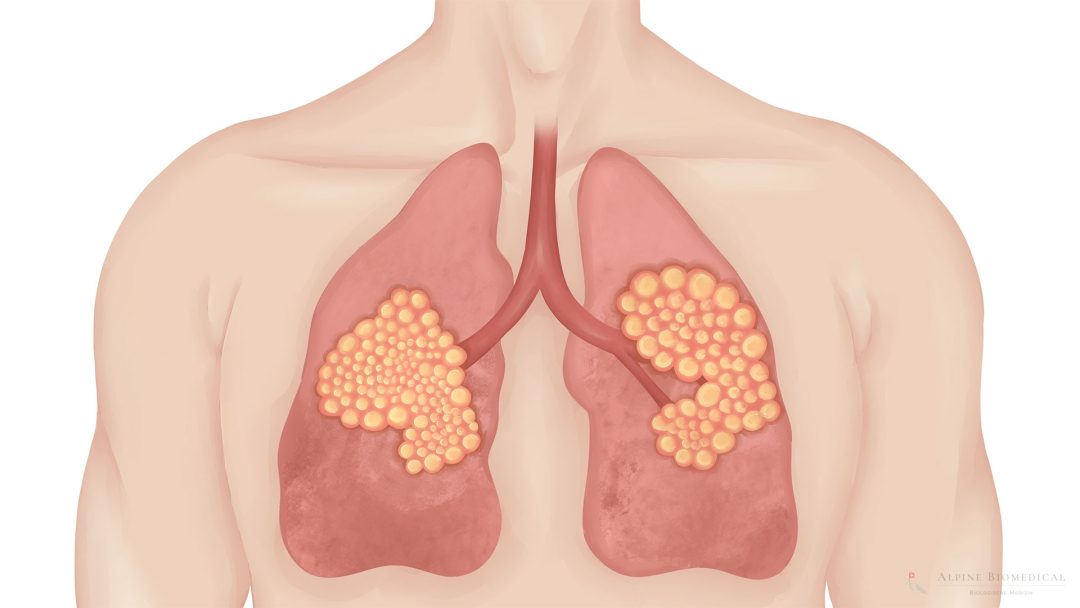Respiratory Diseases
Respiratory diseases can affect the upper respiratory tract, such as the nose, paranasal sinuses and throat, but can also occur in the lower respiratory tract, such as the bronchi and lungs. Through breathing, the body is supplied with oxygen and carbon dioxide is exhaled. The correct ratio between oxygen and carbon dioxide in the blood and tissues is of great importance for health. Consequently, respiratory problems can severely weaken the body and significantly impair quality of life.
In this category you will find some topics related to respiratory diseases.
Smoking
Cigarette smoking causes many diseases such as cancer and is the most harmful habit for overall health.

Chronic Obstructive Pulmonary Disease (COPD)
Chronic obstructive pulmonary disease (COPD) is a lung disease causing restricted airflow and breathing problems.

Asthma
Asthma is a chronic respiratory disease characterised by recurring shortness of breath and chest tightness.

Sinusitis
In the case of sinusitis, dental causes should also be considered.

Lung Cancer
Lung cancer is not only caused by smoking. You can find out more about this topic here.

Causes of Respiratory Diseases
There are many causes of respiratory diseases, and several triggers can be present at the same time:
- Infections caused by viruses, bacteria or fungi
- Environmental pollution and poisoning of the body
- Allergic reactions
- Smoking
- Intestinal dysbiosis, leaky gut or SIBO
Therapies for Respiratory Diseases
Treatment options vary depending on the type of respiratory disease. Medications such as bronchodilators and anti-inflammatory agents can be used to control symptoms. Lifestyle changes such as quitting with smoking, regular exercise and protection from environmental toxins contribute to prevention and improvement.
As respiratory diseases can also be closely linked to gut health, measures such as intestinal cleansing and optimizing the bacterial environment are important.
Compensating for micronutrient deficiencies can also strengthen the body and counteract respiratory problems. Nutritional supplements should always be taken after a targeted blood test and individual adjustment of the micronutrients to make sure that the body is not brought into an imbalance.
The treatment of respiratory diseases should not only address the symptoms, but also the causative factors. The individual causes must be evaluated before therapy.
All Blog Categories
See all blog categories below.
- Allergies
- Autoimmune Diseases
- Bone and Joint Diseases
- Cancer
- Cardiovascular Diseases
- Chronic Pain
- Dementia
- Detoxification
- Ear Diseases
- Exhaustion
- Gastrointestinal Disorders
- Immune Disorders
- Infectious Diseases
- Inflammation
- Intolerances
- Medication
- Men's Health
- Menopause
- Metabolic Disorders
- Minerals
- Neurological Diseases
- Nutritional Supplements
- Respiratory Diseases
- Skin Cancer
- Skin Diseases
- Thyroid Diseases
- Trace Elements
- Tumor
- Vitamins
- Women's Health



